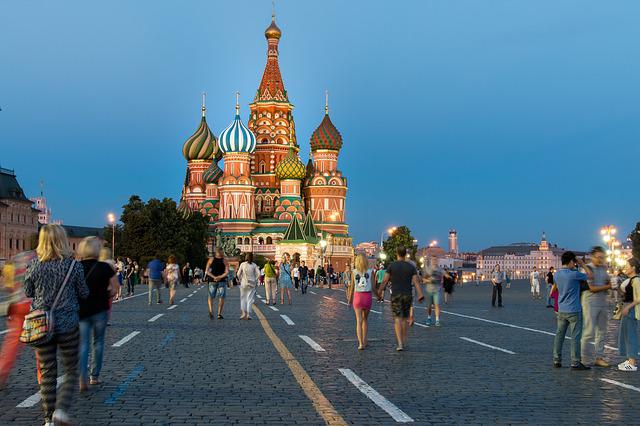Understanding the Interconnection Between Tourism and Hospitality Management
Tourism and hospitality are two industries that work closely together. Tourism is about people traveling for fun, work, or personal reasons. Hospitality is about giving those travelers what they need places to sleep, food to enjoy, and activities to do. Because of this, the two fields depend on each other and have a big impact on the world’s economy.
Tourism includes everything people do when they travel away from home. This can be exploring new cultures, going on adventures, visiting nature, or attending business events. The tourism industry covers transportation, hotels, restaurants, entertainment, and many other services.
Hospitality focuses on running hotels, restaurants, resorts, and similar businesses. It involves customer service, marketing, staff training, and managing finances. The main goal is to give guests a good experience and make them feel welcome.
Tourism is one of the world’s largest sources of income. Before COVID-19, it made up more than 10% of the global economy and supported millions of jobs. When tourists spend money on hotels, food, tours, and souvenirs, that money helps local communities grow. It supports small businesses, creates jobs, and even leads to better roads, airports, and public facilities.
Tourism also encourages cultural exchange. When people from different places meet, they learn from each other. Communities are often inspired to protect their heritage, traditions, and historical sites because visitors want to experience them.
Tourism and hospitality rely heavily on each other. Travelers need comfortable places to stay, good food, and enjoyable activities. If the hospitality industry is strong, tourists are more likely to return or recommend the destination. In turn, when more tourists visit, hospitality businesses earn more money and can improve their services.
Technology strengthens this connection. People now use online booking sites, social media, and review platforms to plan trips. Hotels and restaurants must keep up with these tools to attract guests and meet their expectations.
Tourism affects all parts of the hospitality industry. Hotels and rental homes depend on tourist traffic to fill rooms. Restaurants and cafés benefit when visitors want to try local dishes. Entertainment spots like theme parks, nightlife, cultural shows, and adventure activities grow when tourism is strong. Sometimes high demand even leads to the creation of new events and attractions.
Hospitality also shapes how tourists feel about their trip. Friendly service, clean rooms, good food, and helpful staff can make a huge difference. Personalized touches like custom meals or special activities make guests feel valued. Many travelers now look for eco friendly options, so sustainability has become important too.
Tourism brings in money and creates many jobs in hotels, restaurants, travel companies, and entertainment venues. It also supports other industries like farming, transportation, and retail. Tourism helps communities earn more, preserve culture, and improve facilities. But it also brings challenges. Many destinations have busy tourist seasons and slow periods. Businesses must adjust their staffing and create special offers during quieter times.
Marketing plays a big role in attracting tourists. Hotels and travel companies need to know who their customers are and what they want. Strong branding, good photos, videos, and social media posts help inspire people to visit. Influencers, online ads, and special packages also help bring in guests. Technology like apps, data analysis, and AI tools allows businesses to offer more personalized and convenient services.
There are also challenges in dealing with different cultures. Guests come from various backgrounds and have different expectations. Hospitality workers need to be patient, respectful, and culturally aware. Offering diverse food options, multilingual services, and inclusive environments makes the experience better for everyone.
The future of tourism and hospitality will be shaped by new technologies and changing traveler preferences. Virtual reality tours, smart hotel rooms, and safer online transactions are becoming more common. More travelers now want eco friendly trips, wellness focused vacations, and authentic cultural experiences. AI will help businesses improve their services and understand customer needs better.
People who want to grow in this industry can take online courses from schools like the Bristol Opus Leadership College (BOLC), which offer flexible training in tourism and hospitality.
In Conclusion, tourism and hospitality support each other in many ways. Together, they create jobs, strengthen communities, and improve the travel experience. By focusing on innovation, sustainability, cultural understanding, and good service, both industries can continue to grow and make travel more enjoyable for everyone.


